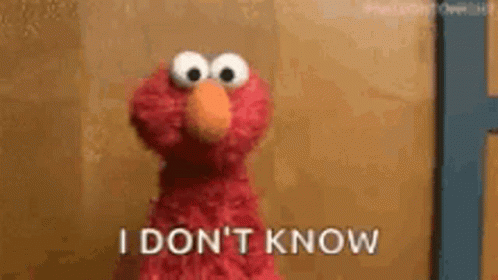Digital Footprints or Tattoos?
As someone who majored in political science, I’ve always been fairly outspoken about my views and have found it hard to shy away from sharing them. My parents, however, have always advised me to be careful, as one post, whether right or wrong, could land me in trouble with other people, especially a future employer perhaps.
The reason to be cautious about what we post is because everything we post becomes what is referred to as a 'digital tattoo', what many of us once referred to as a "footprint." Defined by the Wisconsin Department of Public Instruction as "the information that exists online about you and your activity," digital tattoos are hugely important for us all, but it's especially important that younger people who use the internet and other digital platforms understand the potential consequences of their trails. That is why they must learn it as early as possible. Indeed, as Sarah Ludwig puts it, "digital citizenship is a messy subject, and schools should be a safe place to explore it."
This exercise where I conducted a data mine on myself was a little scary for me, as I was afraid of not only what I'd find, but also whether or not I would accidently download viruses, malware, or some other threat. Indeed, some malware did come up, but I was able to resolve that.
 |
| Image Source: ZabaSearch Screenshot |
That aside, I did the mine using Google, ZabaSearch, Truthfinder, Intelius, FastPeopleSearch, MyLife, and Nuwber. The results I found were diverse to say the least. The top results of my Google search were my LinkedIn, Facebook, and Twitter profiles in that order, with 13,500 results overall. Aside from Google, the other six sites all had my age correct (24), as well as the names of my parents being my immediate family. They differed in most other ways, however. For instance, while ZabaSearch, Truthfinder, and Nuwber had my current address, or at least my current town, the others had previous addresses as my "current" location. ZabaSearch and FreePeopleSearch actually had one of my mom's old work numbers, something that has absolutely nothing to do with me. The latter site also had the names of several people I didn't recognize. Maybe they were neighbors?
 |
| Image Source: Tenor |
No matter the information the data mine produced for me, the exercise further made clear to me the importance of being self-aware regarding what I may post, as someone may use that against me. When it comes to social media in particular, I'll do everything in my power to self-regulate my activity. This includes deleting content that may be considered "inappropriate" to others, as well as managing my privacy settings.
Further Information
"Skills We Can’t Teach: Facilitating Authentic Experiences with Digital Citizenship", American Library Association, March 19, 2013. http://www.ala.org/tools/article/ala-techsource/skills-we-can%E2%80%99t-teach-facilitating-authentic-experiences-digital-citizenship (Accessed June 22, 2023). Document ID: 4d7bd623-a50c-95e4-edaa-df9412893611

Yes...awareness is the key to keeping us safe!
ReplyDeleteIt is interesting how many sites have clickbait and/or malware. It does make navigating the research process a little more difficult. One thing that stood out to me in your data mine was how old information (and information by association) is still is attached to you. It really shows this information is permanent on the Internet, and easily accessible. Thanks for sharing!
ReplyDelete